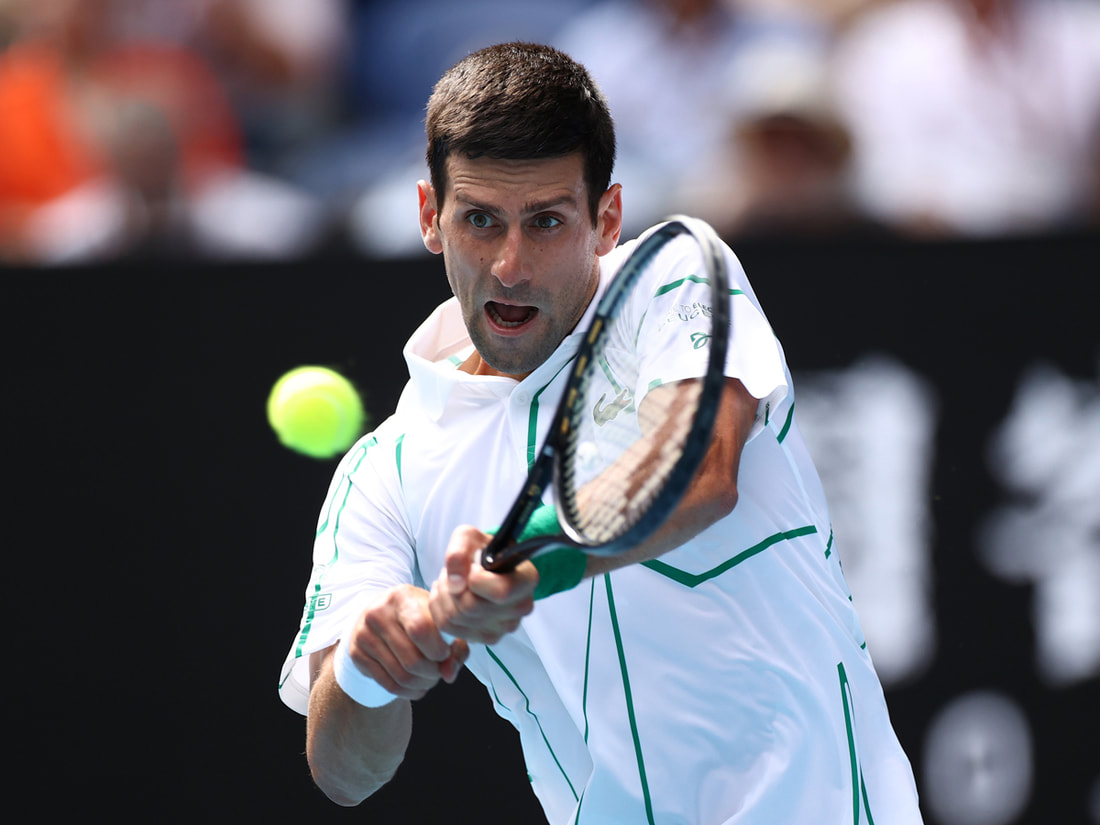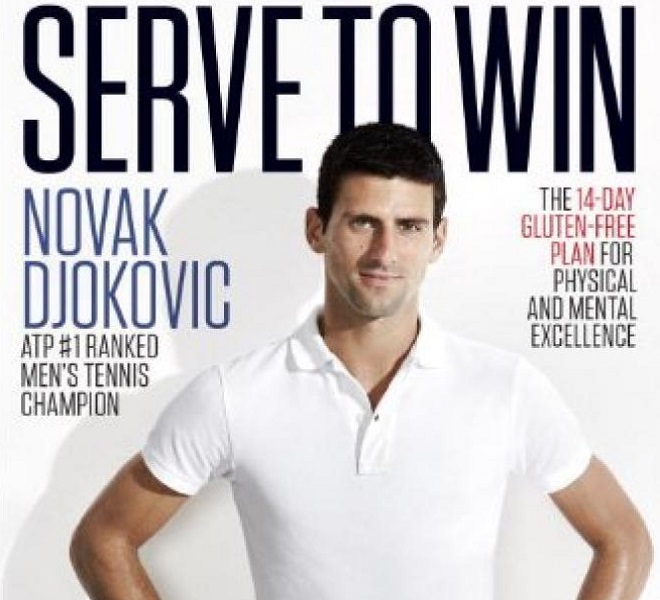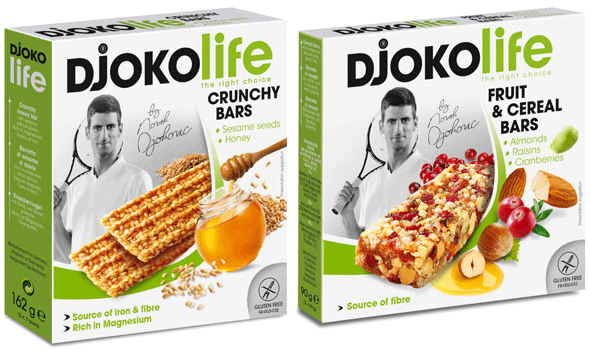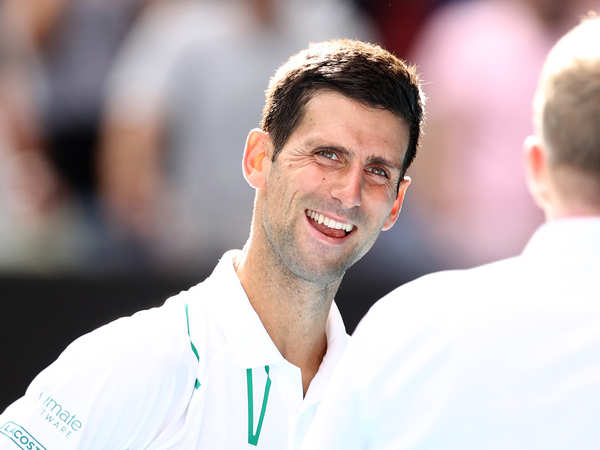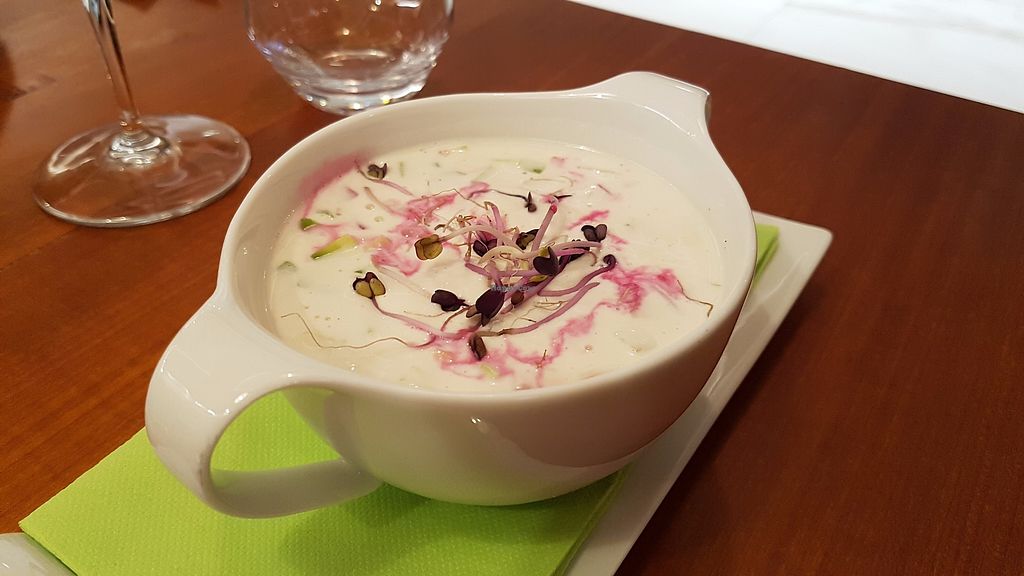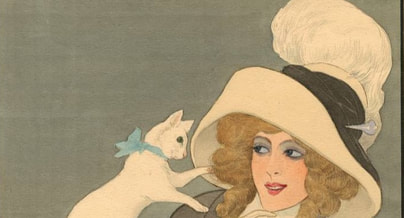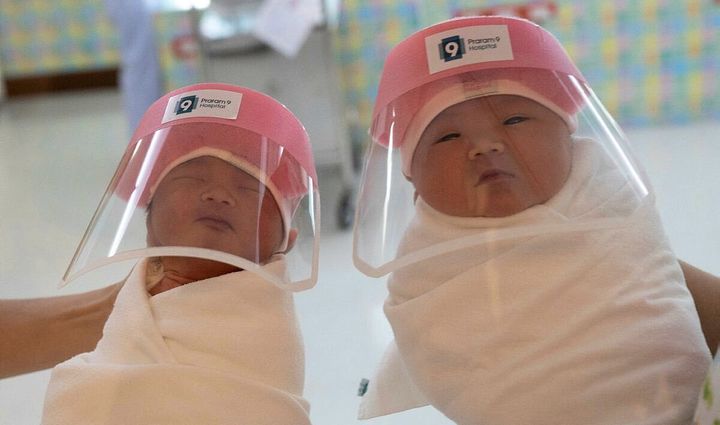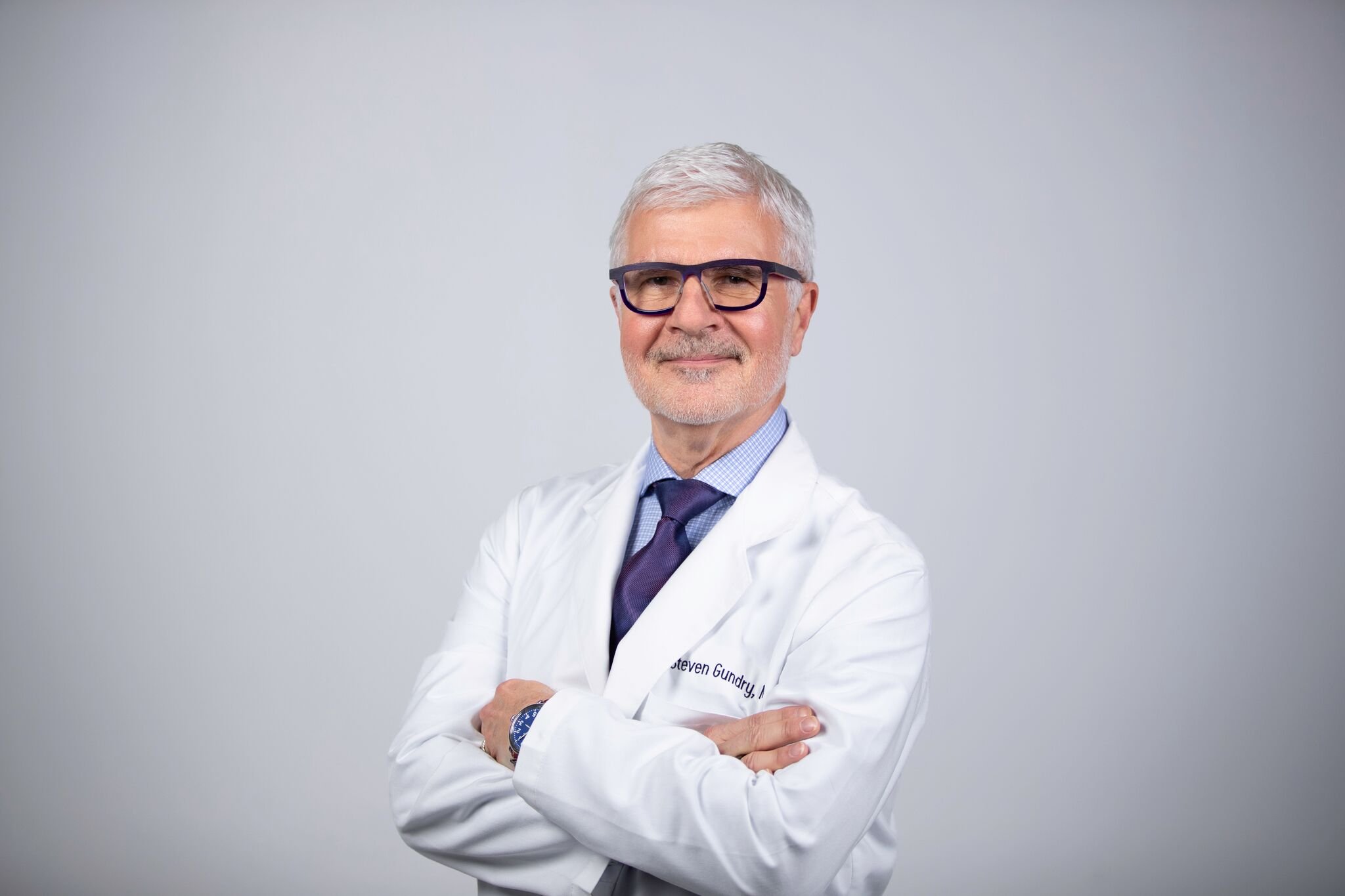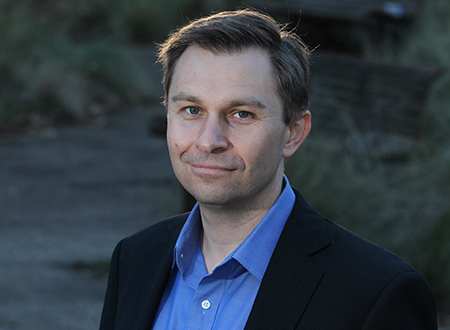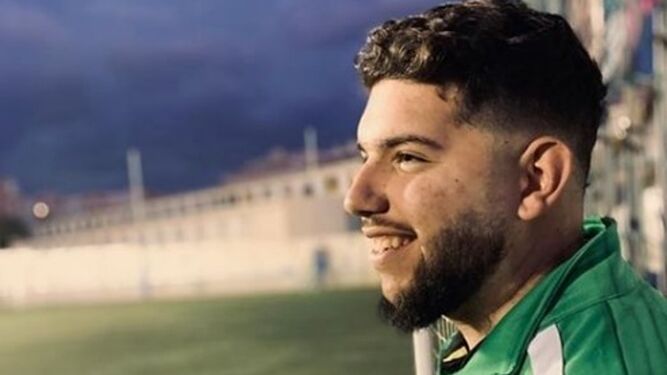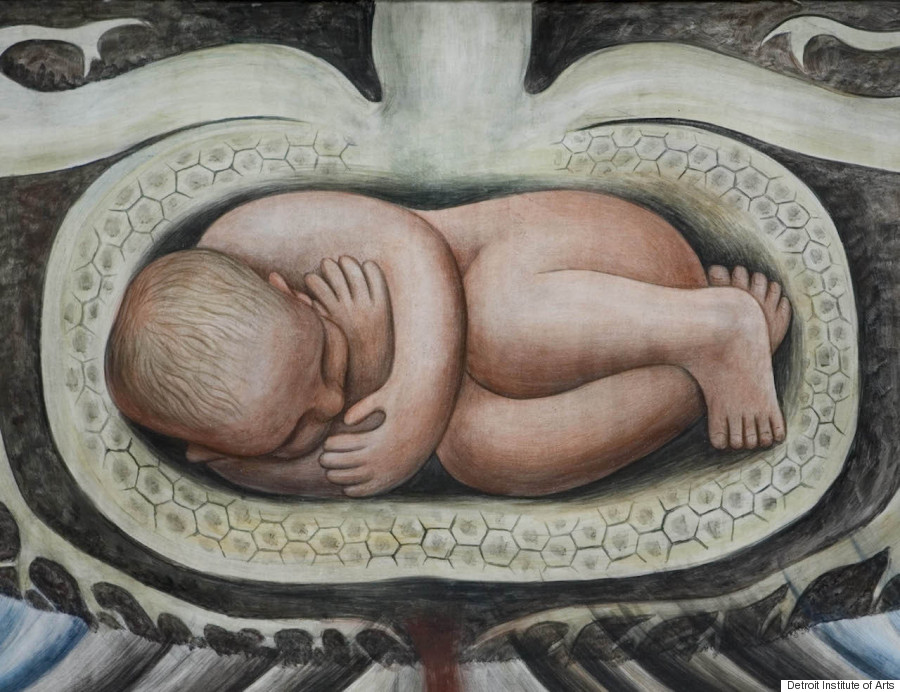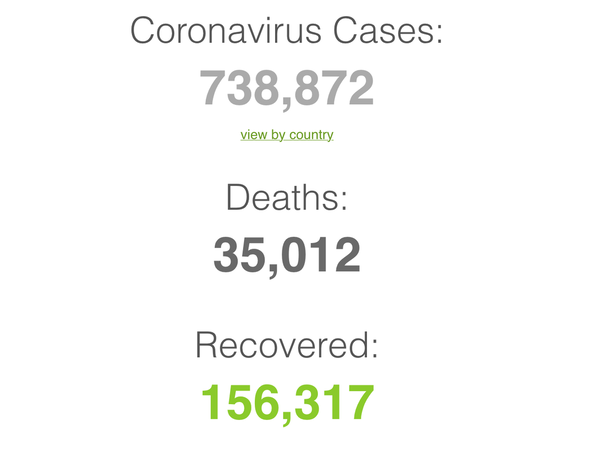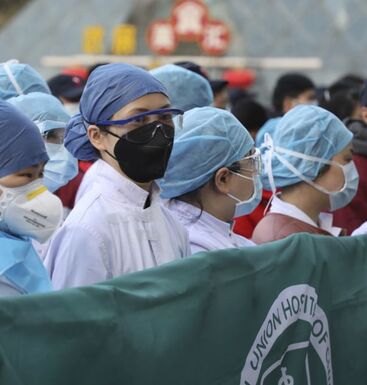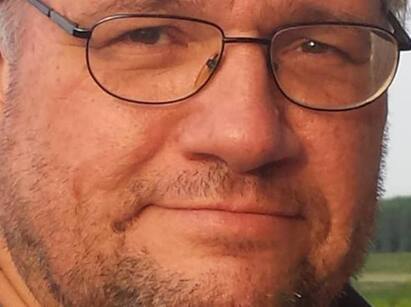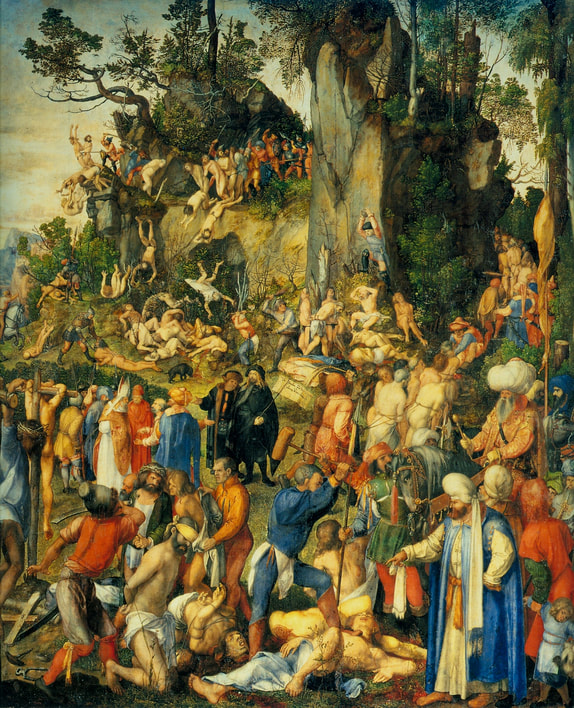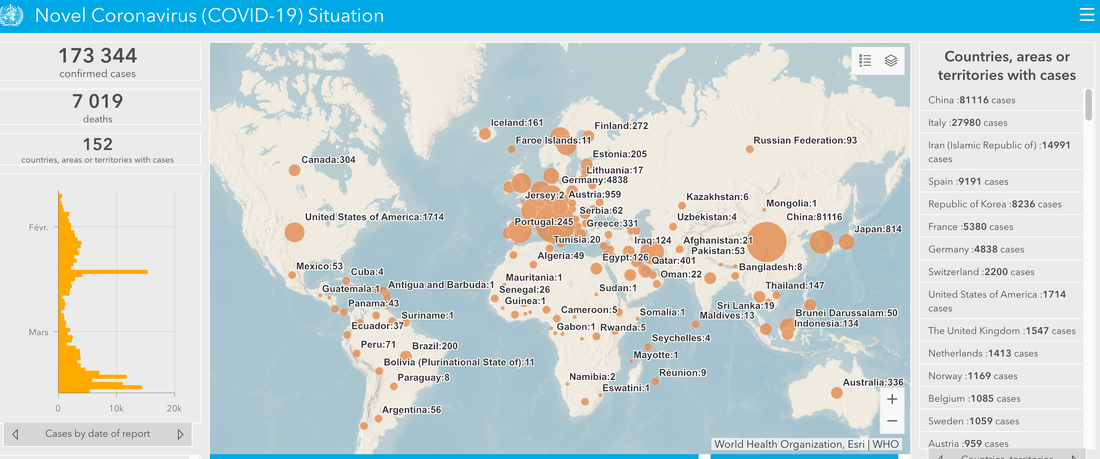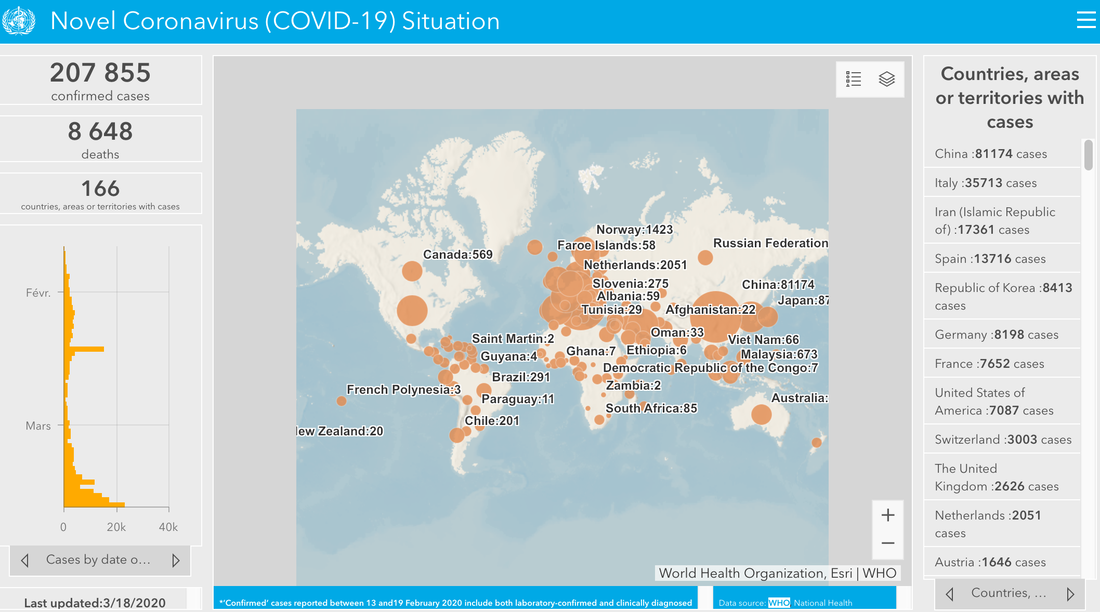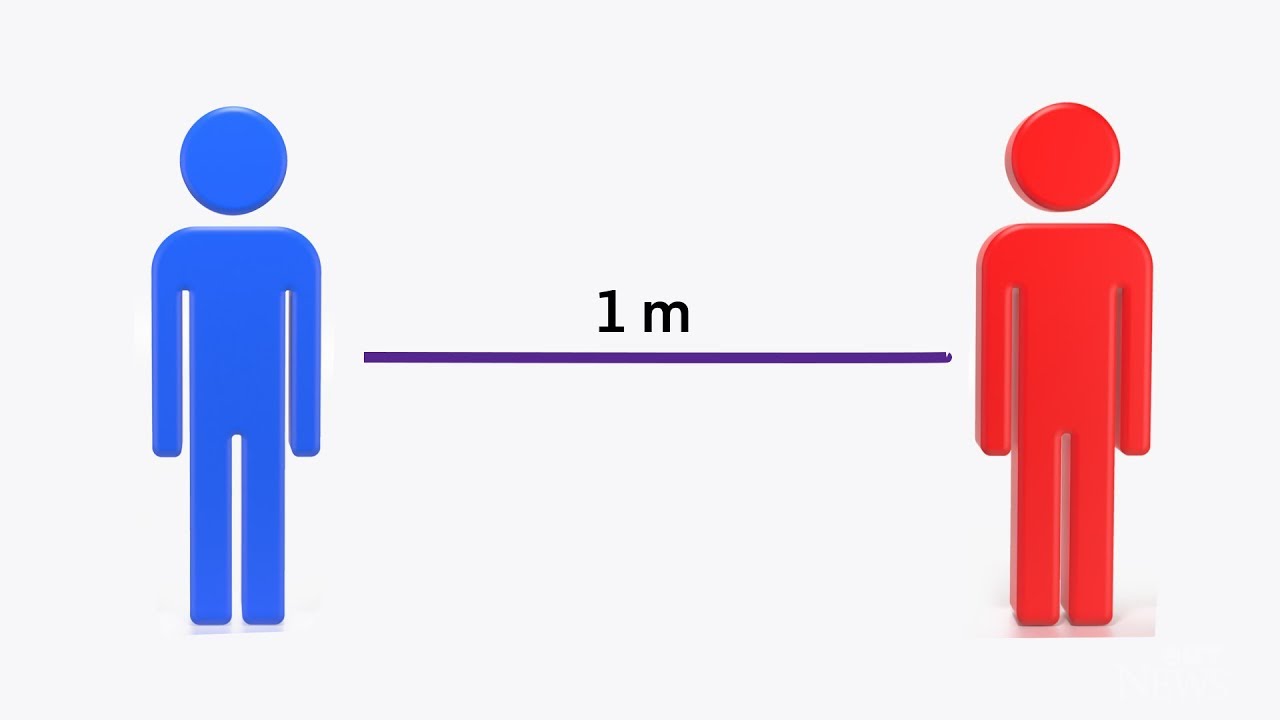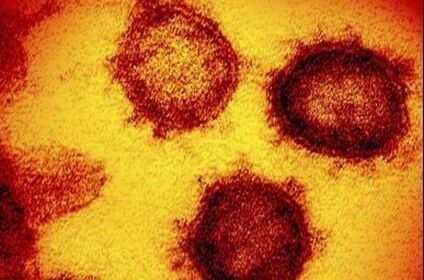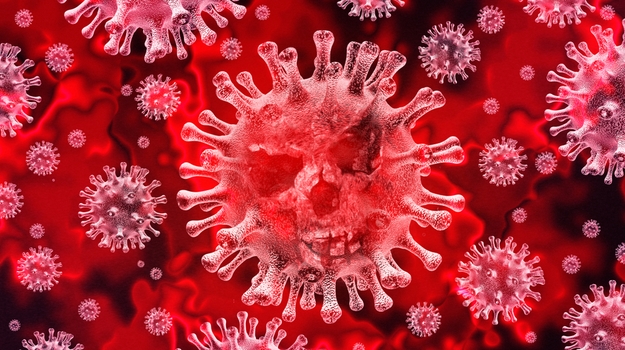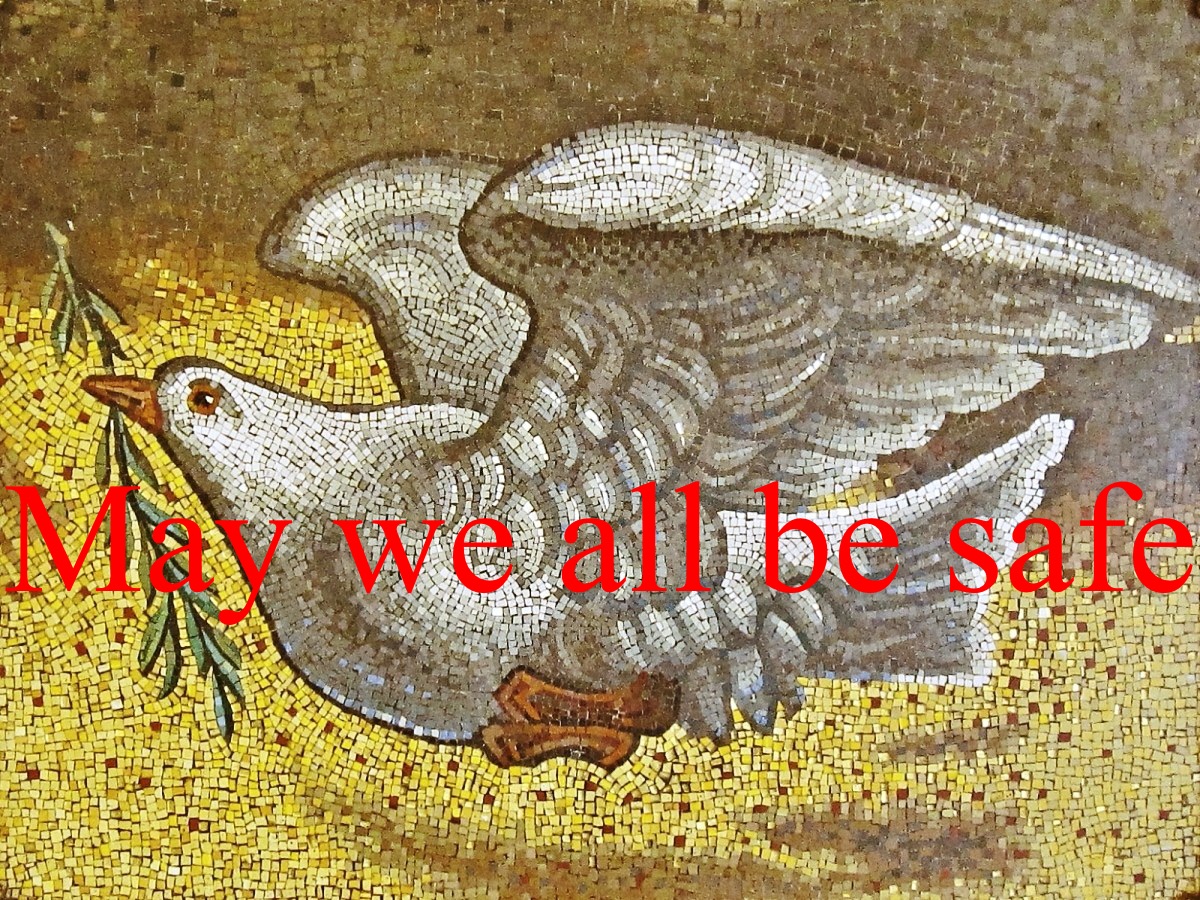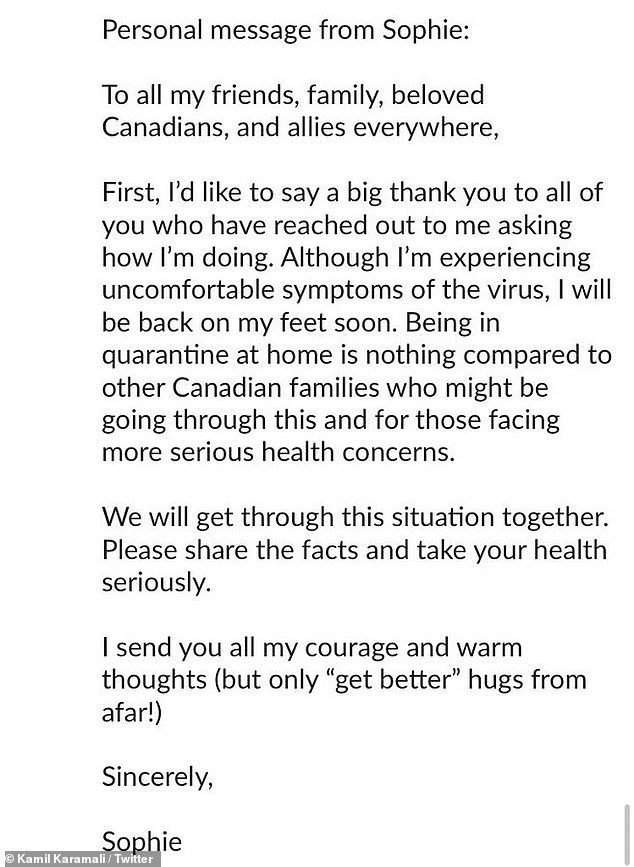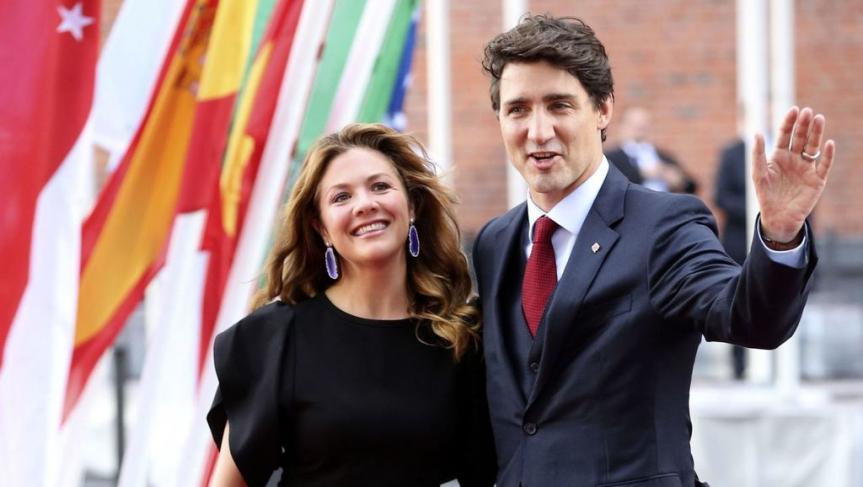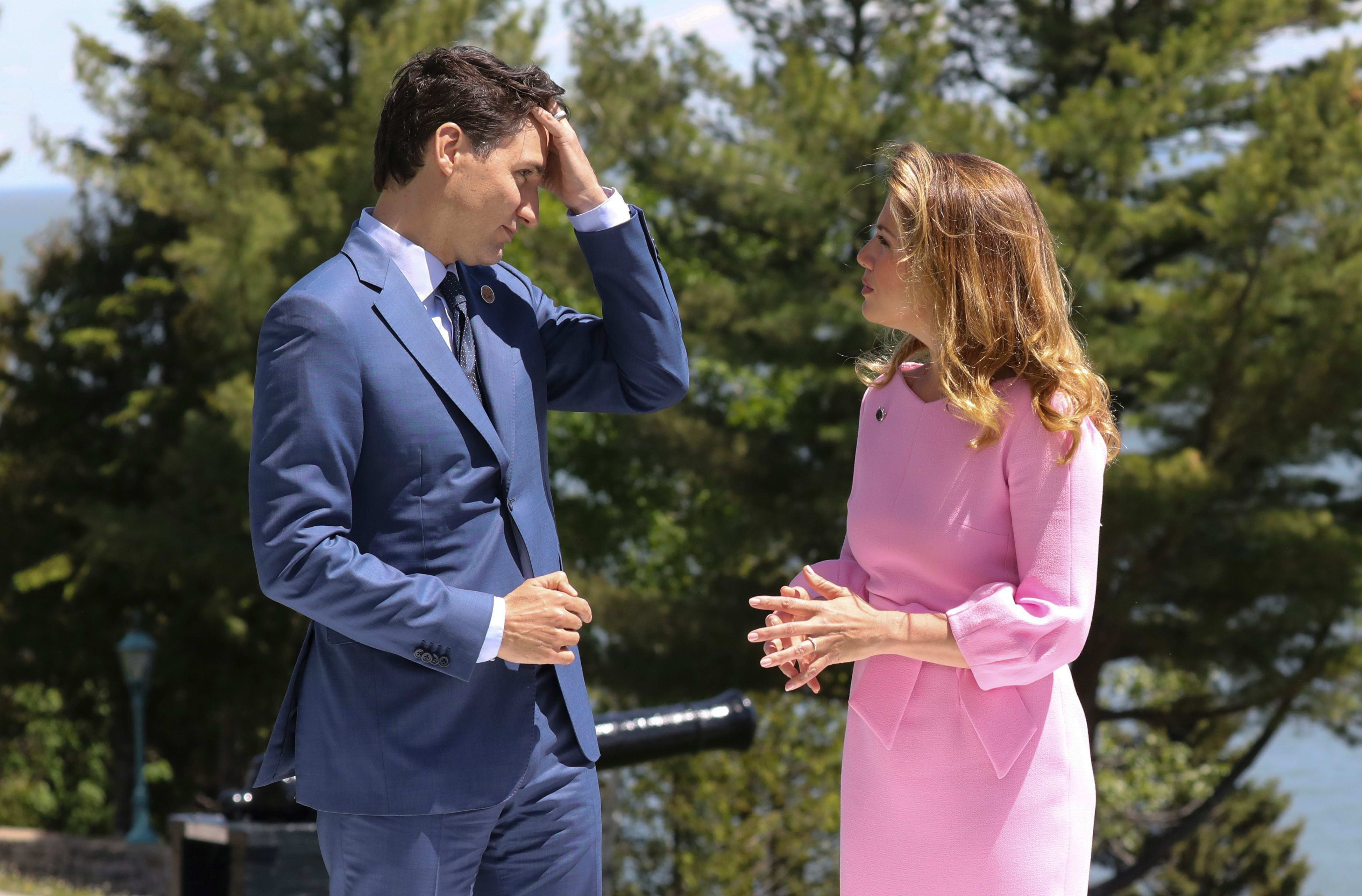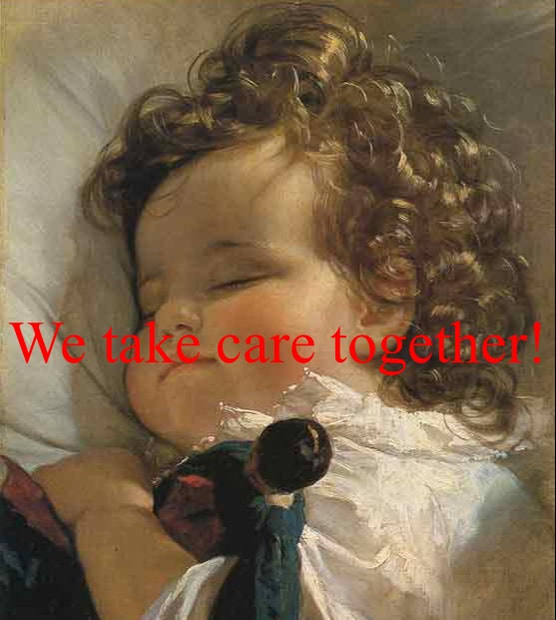How Novak Djokovic, the greatest man tennis player changed to gluten-free and plant-based diet11/7/2021 Why did Novak Djokovic choose gluten-free diet?My diet hasn’t just changed my game, it’s changed my life, my well-being. And if I feel better, that obviously transfers to my professional life. Eating vegan makes me more aware of my body on the court. I removed toxins from my body, and with them went all the inflammation and other things that were messing with my energy levels."
Novak Djokovic, the greatest man tennis player of all time, believes his extraordinary success has to do with the change of his diet.
Growing up in a small village in Serbia, Novak Djokovic was passionate about tennis since an early age, inspired by Peter Sampras, the legendary American tennis player, and decided to be a professional tennis player. Djokovic began his professional career in 2003. He did everything to be in the best shape for his beloved tennis: weight lifting, biking, running and doing stretches, day in and day out. At age 20, he interrupted Roger Federer's and Rafael Nadal's streak of 11 consecutive majors to win his first Grand Slam title at the 2008 Australian Open. By 2010, Djokovic also separated himself from the rest of men's tennis to join Federer and Nadal in the Big Three, the group of three players who have dominated men's tennis for more than a decade. But the glory of his victory was also shadowed by his on-going sufferings: from mind fog to fatigue, to respiratory problems. Djokovic tried to improve health with every thing he could think of: apart from his daily exercise routine, he tried yoga and meditation, he even had nasal surgery to help him breathe. But his physical health did not improve drastically, and the ultimate manifestation of his health problem was his dramatic collapses on the tennis court, such as his collapse during his first US Open, playing against Gael Monfils, and then during an Australian Open match in January 2010 he collapsed again while playing against French tennis player Jo-Wilfried Tsonga. It made Djokovic feel low both professionally and personally. Fortunately, an alternative therapist from Serbia, Djokovic's home country, Dr Igor Cetojevic, was watching him play and saw him collapse. Dr Cetojevic guessed that food was the reason why the tennis player couldn't breathe well, so he reached out to the tennis player. The two met in July 2010. Cetojevic suggested that Djokovic eliminate gluten from his diet, which meant no bread, no pasta, no pizza, favorite food of Djokovic. After a few weeks on a gluten-free diet the determined and disciplined Serbian tennis player cut down on sugar, and then cut out dairy. Months later, Djokovic was transformed. He lost weight, was sleeping better, had more energy, and felt stronger. In 2011, Djokovic was ranked No. 1 for the first time, winning three out of four majors and a then-season record of five Masters events. He remained the best player in men's tennis for the rest of the decade. What does Novak Djokovic eat in a day?
In 2014 Novak Djokovic wrote a book about his transformation: Serve To Win, the 14-day Gluten-Free Plan for Physical and Mental Excellence.
In the book, he revealed what he eats in a day, and below is a sample of his three day meals. Day One Breakfast: Water first thing out of bed; two tablespoons of honey; muesli (including organic gluten-free rolled oats, cranberries, raisins, pumpkin or sunflower seeds and almonds) Mid-morning snack (if needed): Gluten-free bread or crackers with avocado and tuna Lunch: Mixed-greens salad, gluten-free pasta primavera (including rice pasta, summer squash, courgettes, asparagus, sun-dried tomatoes and optional vegan cheese) Mid-afternoon snack: Apple with cashew butter; melon Dinner: Kale caesar salad (kale, fennel, quinoa and pine nuts) plus dressing (including anchovies or sardines); minestrone soup; salmon fillets (skin on) with roasted tomatoes and marinade Day Two Breakfast: Water first thing out of bed; two tablespoons of honey; banana with cashew butter; fruit Mid-morning snack (if needed): Gluten-free toast with almond butter and honey Lunch: Mixed-greens salad, spicy soba noodle salad (including gluten-free soba noodles, red bell pepper, rocket, cashews and basil leaves, plus spicy vinaigrette) Mid-afternoon snack: Fruit and nut bar; fruit Dinner: Tuna niçoise salad (green beans, cannellini beans, rocket, tuna, red pepper, tomatoes and canned chickpeas), tomato soup, roasted tomatoes Day three Breakfast: Water first thing out of bed; two tablespoons of honey; gluten-free oats with cashew butter and bananas; fruit Mid-morning snack (if needed): Home-made hummus (including chickpeas and gluten-free soy sauce) with apples/crudités Lunch: Mixed-greens salad, gluten-free pasta with power pesto (including rice pasta, walnuts and basil leaves) Mid-afternoon snack: Avocado with gluten-free crackers; fruit Dinner: Fresh mixed-greens salad with avocado and homemade dressing; carrot and ginger soup; whole lemon-roasted chicken.
In May 2015 Novak Djokovic launched the DJOKOlife range of nutrition products that reflect Novak’s food philosphy and include seed biscuits, crunchy toasts with rice flour and oats, honey and sesame seed bars, fruit and cereal bars and a vegetable drink.
Djokovic, who practices a plant-based, gluten-free diet, recently opened a vegan restaurant Eqvita in Monte Carlo, where he and his wife live. He attributes his professional success to healthy eating.
“My wife and I have experienced an evolution in food and have actually seen how much it has influenced our well-being for good, and we wanted to share that passion with all the people in Monte Carlo,” says Djokovic. Novak Djokovic's change to plant-based diet
A few years after his gluten-free diet, Novak Djokovic decided to go plant-based.
“I’m very pleased that I am plant-based and play on this level for four and a half years.” “It’s a lifestyle. More than just a diet because you have ethical reasons as well. Being conscious of what is happening in the animal world and you know the slaughtering of animals and farming and everything." “There is obviously a huge impact as well on climate change that people maybe don’t talk about as much. It’s more than a performance for me, it’s a lifestyle. Something that I’m really proud of and hopefully that community grows,”
On 10 April 2016, Novak Djokovic opened his own vegan restaurant in Monte Carlo, where he and his wife live, to share his passion for food that has transformed his health and professional career.
Novak Djokovic's parents used to be in the restaurant business for over 26 years, and in 2008, he opened a restaurant Novak Café & Restaurant in Belgrade with his family. So he is not completely new to this venture. But unlike traditional Serbian cuisine which is heavily based on red meat and bread, everything in Eqvita is 100% organic, plant-based, with zucchini lasagna part of the menu.
Eqvita is more than a restaurant. It's a concept. A story. A love story to be precise. Pretty much a personal one, since I share it with my Jelena."
0 Comments
By now we all know why we should all be wearing face masks when we are in public, whether they are the omnipresent surgical masks or home made alternatives. But is it enough to protect us from getting infected? The answer is quite likely NO! According to a recent research conducted by University of Hong Kong found the coronavirus strain was up to 100 times more infectious than SARS and bird flu in two facial orifices, including conjunctiva, the cells lining the surfaces of the eyes, which "highlights the fact that eyes may be an important route of SARS-CoV-2 human infection,”according to Dr Michael Chan Chi-wai, who led the research team. The findings from Dr Chan’s team and others challenge the widely held assumption in the earliest stages of the health crisis that medical staff would be adequately protected with N95 masks and protective clothing, without the need for specialist glasses. Does that same assumption help explain also why the rate of infection among health professionals are so alarmingly high some of the most affected European countries, like Italy and Spain? As they have been so poorly protected? Now the three most affected countries in Europe: Italy(4 May), Spain(11 May), France(11 May) have all ended their confinement, at least partially, most people will be out for work, do exercise, visit their family or friends who do not live them, attend the funerals which could not be held during the lockdown, or just be out, to live.
So in order to really protect us, we should not only wear masks and gloves(which curiously has not been recommended enough, while handwash is the rigeur), but also eye-wears, like sunglasses, glasses with or without glasses, or even the those ridiculously looking face shields to protect the eye areas. There are many things still uncertain about the pandemic of coronavirus, but one thing is for sure, there will not be any vaccin available for the forseable future and our only defense will be our own immune system. Steven R. Gundry is an American doctor and author. He is a former cardiac surgeon and currently runs his own clinic, investigating the impact of diet on health. and is a New York Times best-selling author of books such as The Plant Paradox: The Hidden Dangers in "Healthy" Foods That Cause Disease and Weight Gain. He is best known for his disputed claims that lectins, a type of plant protein found in numerous foods, cause inflammation resulting in many modern diseases. The Plant Paradox diet suggests avoiding all foods containing lectins. Scientists and dieticians have classified Gundry's claims about lectins as pseudoscience. He sells supplements that he claims protect against or reverse the supposedly damaging effects of lectins In his recent interview, Dr. Gundry talks about the importance of getting rid of grain and take a lot of vitamin D to help boost our immune system. To read books of Dr. Steven Gundry
To buy vitamin D
Dr. David Andrew Sinclair AO (born June 26, 1969) is an Australian biologist and professor of genetics at Harvard Medical School and one of the most well-known researchers in the field of rejuvenationbest known for his advocacy for resveratrol as an anti-aging dietary supplement and potential medication. In one of his recent interviews with American entrepreneur Tom Bilyeu, he shared some of his advices on how you can improve your immune system, particularly against the deadly coronavirus. Although he humbly said that he is not a medical doctor, as a scientist who has done decades of research on aging(which he wisely treated as another disease) and a brave explorer who has used himself as well as his family as guinea pig to test his theories, his advices are practical and reliable. Here is what Dr. David Sinclair recommends: Colorful plants, Vitamin D and movement. And if it's possible, maintain the humidity of your household so that it is neither too dry or too humid, as research has demonstrated that virus will not be transmitted when the environment is about 40-50% humid. Coronavirus: Why some coronavirus patients get sicker than others? It's all about immune system?20/4/2020 Question: Why Some Coronavirus Patients Get Sicker Than Others?Why Some Coronavirus Patients Get Sicker Than Others? this could be one of the most frequently asked questions since the outbreak of the pandemic. Since the beginning of the pandemic, people around the world have heard the message that older and chronically ill people are most likely to die from COVID-19. But that is far from a complete picture of who is at risk of life-threatening disease. In other words, it depends on how our immune system responses to the virus. Variation in immune responses between people is due to much more than age or chronic disease. The immune system is a function of the communities that brought us up and the environments with which we interact every day. Its foundation is laid by genetics and early-life exposure to the world around us—from the food we eat to the air we breathe. Its response varies on the basis of income, housing, jobs, and access to health care. According to Robert Murphy, a professor of medicine and the director of the Center for Global Communicable Diseases at Northwestern University: “that’s not the virus; that’s the host.” A unique and unfortunate feature of COVID-19 is that some patients who are starting to feel better suddenly take a turn for the worst. The downturn usually comes between five to seven days into the illness. This is a pivotal time where there is a delicate balance between a good immune response and a damaging one, according to Kirsten Hokeness professor and chair of the Department of Science and Technology at Bryant University and an expert in immunology. “If the virus can be controlled and the immune response can subside, individuals will begin to recover. If the scales are tipped, and a damaging immune attack begins, this is when things get critical.” “Viruses that are aggressive or pathogenic, like COVID-19, test the immune capacity,” professor Hokeness said. Sometimes, the immune system fights with a lot of vigor, and manages not to cause damage to the person’s body. That usually takes a little over a week, on average. “Around week two is when the immune system should be resolving, and the virus should be just about cleared,” Hokeness further explains. “For those that have underlying conditions, or who are older and whose immune system may not be functioning properly, they may not be able to handle this balance. There may initially be some relief, but then the virus escapes and persists and the immune response goes somewhat out of control.” We can not change the date of our birth, but we definitely can make all the effort to boost our immune system to protect us even if we should be infected.
China: Baby of 30 hour infected with coronavirus A baby born on 2 February 2020 in Wuhan, the epicentre of the virus, has been diagnosed with the new coronavirus just 30 hours after birth, the youngest case recorded so far. It is unclear how the disease was transmitted - in the womb, or after birth. France: 16 year old healthy girl with died of coronavirus Her name is Julie. On 25 March 2020, She died of coronavirus in Necker hospital in 15th arrondissement, Paris. she was 16 years old. « Faut arrêter de croire que cela ne touche que les personnes âgées. Personne n'est invincible face à ce virus mutant...Julie avait simplement une légère toux la semaine dernière. Cela a empiré ce week-end avec des glaires et lundi, on a été voir un médecin généraliste. C'est là qu'on lui a diagnostiqué une détresse respiratoire. Elle n'avait pas de maladies particulières avant cela ». Spain: 21 year old football coach with cancer died of coronavirus His name is Francisco García, a football coach in Malaga, Spain. In middle March, when he died from coronavirus, he became the youngest person dying from covid-19. At the time when he was tested positive of coronavirus, it was also found he had leukaemia, un condition he was not aware of. Infectious disease experts said that had Garcia not been suffering from leukaemia, he would likely have survived the bout of coronavirus. UK: 21 year old girl with no pre health condition died of coronavirus Her name is Chloe Middleton, she was from High Wycombe, Buckinghamshire. She has died after contracting coronavirus with no underlying conditions, she was 21 years old. "Speaking from a personal experience, this so-called virus has taken the life of my 21-year-old daughter......My beautiful, kind-hearted 21 year old niece has passed away from Covid-19......She had no underlying health conditions......The reality of this virus is only just unfolding before our very eyes......Please, please adhere to government guidelines......Do your bit. Protect yourselves and protect others. The virus isn't spreading, people are spreading the virus." On 30 March, A boy named Ismail died of coronavirus in London's King's College Hospital, he was 13 years old. Portugal: 14 year old boy died of coronavirus On 29 March 2020, a 14 year old boy infected with coronavirus died in São Sebastião hospital, in Santa Maria da Feira, 30 km south of Porto. Belgium: 12 year old gir died of coronavirus On 31 March, during the daily news conference given by Belgium's health service, it announced the death of a 12-year-old girl as victim of coronavirus, the youngest so far in the country, and the youngest in Europe. Spokesman Steven Van Gucht said the girl had tested positive for coronavirus and had a fever for three days before her death. Dr Emmanuel Andre, a government spokesman in Belgium said it was "an emotionally difficult moment, because it involves a child, and it has also upset the medical and scientific community.” USA: Baby of 6 weeks and another of less than year old both died of coronavirus On 28 March 2020, a baby less than one-year-old who tested positive for virus known as COVID-19 died in Chicago, the first death of an infant from coronavirus pandemic in the world. Both The Illinois governor, JB Pritzker and Illinois Department of Public Health Director Dr. Ngozi Ezike said an investigation is underway to determine the cause of death. Another baby of six-week-old from Heartford Connecticut has also died from the coronavirus, according to the state governor Governor Ned Lamont, making it the state’s first paediatric death. The governor confirmed testing showed the infant was Covid-19 positive and government officials believe the child is one of the youngest to die from the virus. In Italy, Dr Antonio Pesenti, the head of Lombardy's intensive crisis care unit, said many younger people were being admitted to hospital with severe cases of the coronavirus: "We have patients who are 20 years old or 30 years old, quite a few, and those are severe like the old ones."
As of 30 March 2020, more than 730,000 people all over the world have been infected, but more than 150,000 have recovered, thanks to the doctors, nurses, and all other health care workers who work day and night to cure illness and save lives, even it means losing their own. At the time of coronavirus, they are the heroes, they are our heroes. But we need to protect them from being converting into martyrs. China As of 4 March 2020, by the time the outbreak of coronavirus was in control in mainland China, there were 80,409 people being infected, more than 3,300 of them are healthcare workers. Among the 3,012 of the people died of the virus, at least eight of them are health workers. “We needed to be ready for it mentally. Take protective measures.” Name: Doctor Li wenliang Position: Ophthalmologist He was the first doctor to warn about the possible outbreak and he was the first to die from coronavirus. He passed away on Feb 7, 2020, He left behind his preganant wife and son, he was 33 years old. Jiang Xueqing, head of thyroid and breast surgery, died at 55. Mei Zhongming, ophthalmologist, died while working at hosptial in Wuhan at 57. Liu Zhiming, Neurosurgeona and director at the Wuchang hospital in Wuhan, died on February 18, aged 51. "I am young, I can work more hours." Name: Dr Peng Yinhua Position: Respirologist (Lung doctor) and Intensivist (ICU doctor). Died on: 20 Feb. 2020 He contracted coronavirus while treating patients in a front line hospital in Wuhan. He was initially admitted to hospital on Jan 25 2020 and passed away on Feb 20 2020. He postponed his wedding in order to fight against coronavirus, and left behind his pregnant financee, he was 29 years old. Italy In Italy, 8,358 doctors, nurses, technicians, ambulance staff and other health employees have been infected with coronavirus, and 61 of them died, including two nurses who killed themselves, possibly over the fear and stress of having infecting others. We received some masks, some glove kits, nothing else. A mask that should last half-a-day here lasts a week..." Marcello Natali, Lombardy chief of the Federation of General Practitioners who tested positive for coronavirus and who was working in a hospital in the town of Codogno, died on 18 March 2020, because he had had to work without gloves: "They have run out," he told Euronews. He was 57 years old. Spain In Spain, 12.298 health workers have been infected by coronavirus, and just six days earlier, the toll stood at 3,475. In Italy, the infected health workers accounts for about 9% of all cases, but in Spain, that percentage is much higher, close to 15%. France On 21 March 2020, there are 14,459 people being infected in France, 562 of them died, one of them was a retired doctor named Jean-Jacques Razafindranazy, the first doctor died of coronavirus in France. mon père ce héros, médecin aux urgences de Compiègne est parti trop vite à cause du coronavirus." At the end of February, Razafindranazy went back to the emergency ward of Compiègne hospital to help fight against the outbreak. On 4 March He was hospitalised himself in Lille, where he tested positive for Covid-19. He died on 21 March, 10 days later, without being able to say good bye to his family. He was 67 years old. Jean-Marie Boegle, a gynocologist who worked in Mulhouse died just one day later on 22 March from coronavirus. On the same day, Alain Thirion, director-general for civil security and crisis management said 22,574 warnings were issued because people did not want to obey the confinement rule. From China to France to more countries in the world, the virus is doing the same, it makes people ill and kill, and the doctors, nurses, and all other health workers are doing the same: they are saving lives, at the price of their own. They not only should be appreciated and applauded, but protected, as heroes of highest honors, as national treasures.
Doctors Without Borders, a non profit organization has sent a team of doctors, nurses and hygiene experts to the town of Codogno, in northern Italy’s Lombardy region, whose only mission is to help protect hospital staff, health care workers and cleaning teams. More should be down. We do not want more of these heroes to convert to martyrs. Time: 17 March 2020 Place: Hospital Doctor: What is your symptom? Patient: Fear... Doctor: Here is your presciption: Stay 1 meter away from anyone including your kids and parents. And take the prescription everytime when you are not at home. Social distancing is becoming one of the most used phrase in the media nowadays, like "wash your hands", something usually only used perhaps by parents to their childrend. The world is really changing, all because of a virus, Covid-19. In February 2020, Chinese researchers had the concrete evidence that a Person can carry and transmit COVID-19 without showing symptoms: A 20-year-old woman from Wuhan passed it to five of her family members but never got physically sick herself. A new study conducted in the US found that although those undetected cases were less infectious than the known cases, they could account for almost 80 percent of the diagnosed infections because of its large numbers. Stay at home is not enough, wash your hands for 20 seconds constantly is not enough. To protect yourself, you also have to take the prescription of social distance seriously as your life may really depend on it.
According to World Health Organization(WHO)'s latest data, there are already 132,567 confirmed cases of coronavirus with 4,947 deaths in 123 countries, with Italy contributing most new cases and death tolls, although it's already on its third day of national lockdown where more than 60 million people can only go out for buying groceries and medicines. Alarmed by what is happening in Italy, other European countries are beginning to take more drastic measures. Ireland and Spain is already on partial lockdown, France will follow suit on Monday, 16 March to close all nurseries, schools and universities. Romania and Czech Republic have closed their borders to ban foreigners from entering in. And French President Emmanuel Marcron has said more than one time: it is just the beginning. What is coronavirusAccording to Coronaviruses (CoV) are a large family of viruses that cause illness ranging from the common cold to more severe diseases such as Middle East Respiratory Syndrome (MERS-CoV) and Severe Acute Respiratory Syndrome (SARS-CoV). A novel coronavirus (nCoV) is a new strain that has not been previously identified in humans. How does it spreadCoronaviruses are zoonotic, meaning they are transmitted between animals and people. Detailed investigations found that SARS-CoV was transmitted from civet cats to humans and MERS-CoV from dromedary camels to humans. Several known coronaviruses are circulating in animals that have not yet infected humans. The new coronavirus Covid-19 originates in Wuhan China in late December 2019 when China reported to WHO its first infected cases. This virus is primarily spread through airborne contact or contact with contaminated objects. According to some tests run by American scientists, after they use a nebulizer device to put samples of the new virus into the air, imitating what might happen if an infected person coughed or made the virus airborne some other way, the viable virus could be detected up to three hours later in the air, up to four hours on copper, up to 24 hours on cardboard and up to two to three days on plastic and stainless steel. What are the symptoms?The virus has an incubation period of two to 14 days, with an average being seven days. The common signs of infection include respiratory symptoms, fever, cough, shortness of breath and breathing difficulties. In more severe cases, infection can cause pneumonia, severe acute respiratory syndrome, kidney failure and even death. How dangerous is it?According to WHO, 80% of infected people have mild symptoms and 5% are considered critical, and the majority of the people who have died were either elderly or had underlying health problems. So it's very important to protect them from being infected with the virus. How to protect ourselves from it?Other than the personal hygiene protocols recommended by WHO, including washing hands, sneezing and coughing into tissues, we also need to be cautious while being with others, not shaking hands or hugging or cheek kissing and maintaining new social distance of at least 1 meter or even 2-3 meters. Canadian Prime Minister Justin Trudeau has gone into isolation after his wife Sophie Grégoire Trudeau tested positive for coronavirus, becoming the first world leader in voluntary quarantine. Sophie Trudeau has attended the WE Day UK Charity event and concert in London last Tuesday 3 March, and a week later on 11 March, she began to exhibit symptoms. Justin Trudeau will be isolation for the next n14 days and he will continue to work from home. Sophie Trudeau has sent a touching public message to the people who are concerned about her health: FrancaisJustin Trudeau placé en isolement, sa femme testée positive au Covid-19Le test de dépistage au Covid-19 auquel s’est soumise l’épouse du premier ministre canadien Sophie Grégoire Trudeau au retour d’un séjour à Londres, s’est avéré positif. L’annonce en a été faite, jeudi 12 mars, par le bureau de Justin Trudeau, qui précise « qu’elle se sent bien, mais demeurera en quarantaine pour une durée indéterminée ». Le premier ministre sera « par précaution et selon l’avis des médecins, en isolement pour une durée prévue de quatorze jours »,précise le communiqué. Mais Justin Trudeau ne présentant aucun symptôme, il ne subira pas de test à ce stade, et les médecins affirment « qu’il n’y a pas de risque pour ceux qui ont été en contact avec lui récemment ». Espanolla Esposa de Justin Trudeau da positivo a Coronavirus tras un viaje a LondresSophie Grégoire Trudeau, esposa del primer ministro canadiense, Justin Trudeau, ha contraído COVID-19 tras realizar un viaje a Londres (Reino Unido), señaló este jueves la Oficina del Primer Ministro de Canadá. Tras regresar de Londres y desarrollar síntomas de una "gripe moderada", Sophie Grégoire Trudeau y su esposo informaron de que habían decidido aislarse en su domicilio mientras se realizaban pruebas para determinar si estaba infectada con el nuevo coronavirus. "La prueba ha dado positiva. También siguiendo consejos médicos, permanecerá en aislamiento de momento. Se siente bien, está tomando todas las precauciones recomendadas y sus síntomas siguen siendo moderados", dijo la Oficina del Primer Ministro. ItalianoLa moglie del primo ministro canadese Justin Trudeau è risultata positiva al coronavirus Sophie Grégoire Trudeau, la moglie del primo ministro canadese Justin Trudeau, è risultata positiva al coronavirus. Lo ha annunciato lo stesso premier, il quale per precauzione si trova ora in isolamento. "Sfortunatamente, i risultati del test di Sophie al Covid-19 sono positivi. Per questo resterà in quarantena al momento. I suoi sintomi sono lievi, si sta curando e seguendo le raccomandazioni del nostro medico", scrive il primo ministro canadese su Twitter. Per poi aggiungere: "Io sto bene, al momento non mostro alcun sintomo del virus. Tuttavia, anche io mi terrò a quanto raccomandato dal medico e rimarrò in auto-isolamento per ora. Come ho fatto oggi, continuerò a lavorare da casa, presenziando a riunioni via video e teleconferenza".
A quanto riporta l'ufficio stampa del premier, Trudeau non sarebbe stato sottoposto al tampone in quanto non presenterebbe alcun sintomo. Trudeau annuncia anche che nelle prossime ore parlerà con i leader territoriali, tra cui gli indigeni, per coordinare la risposta allo scoppio dell'epidemia in Canada. Il premier sottolinea anche l'importanza di limitare l'impatto del Covid-19 all'economia, e raccomanda a tutti i cittadini canadesi si seguire le raccomandazioni delle autorità mediche. |
|
